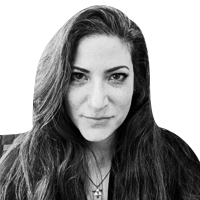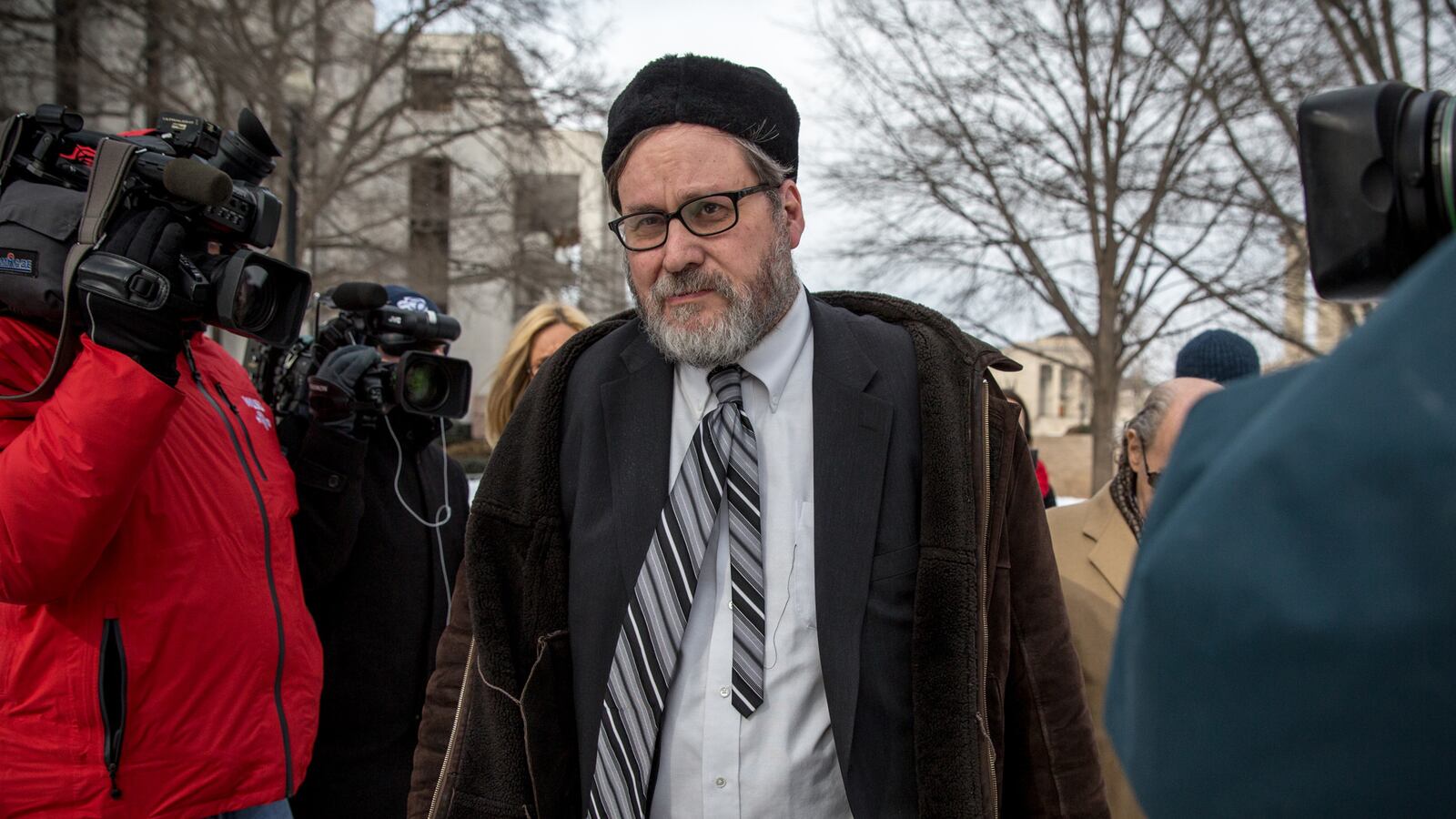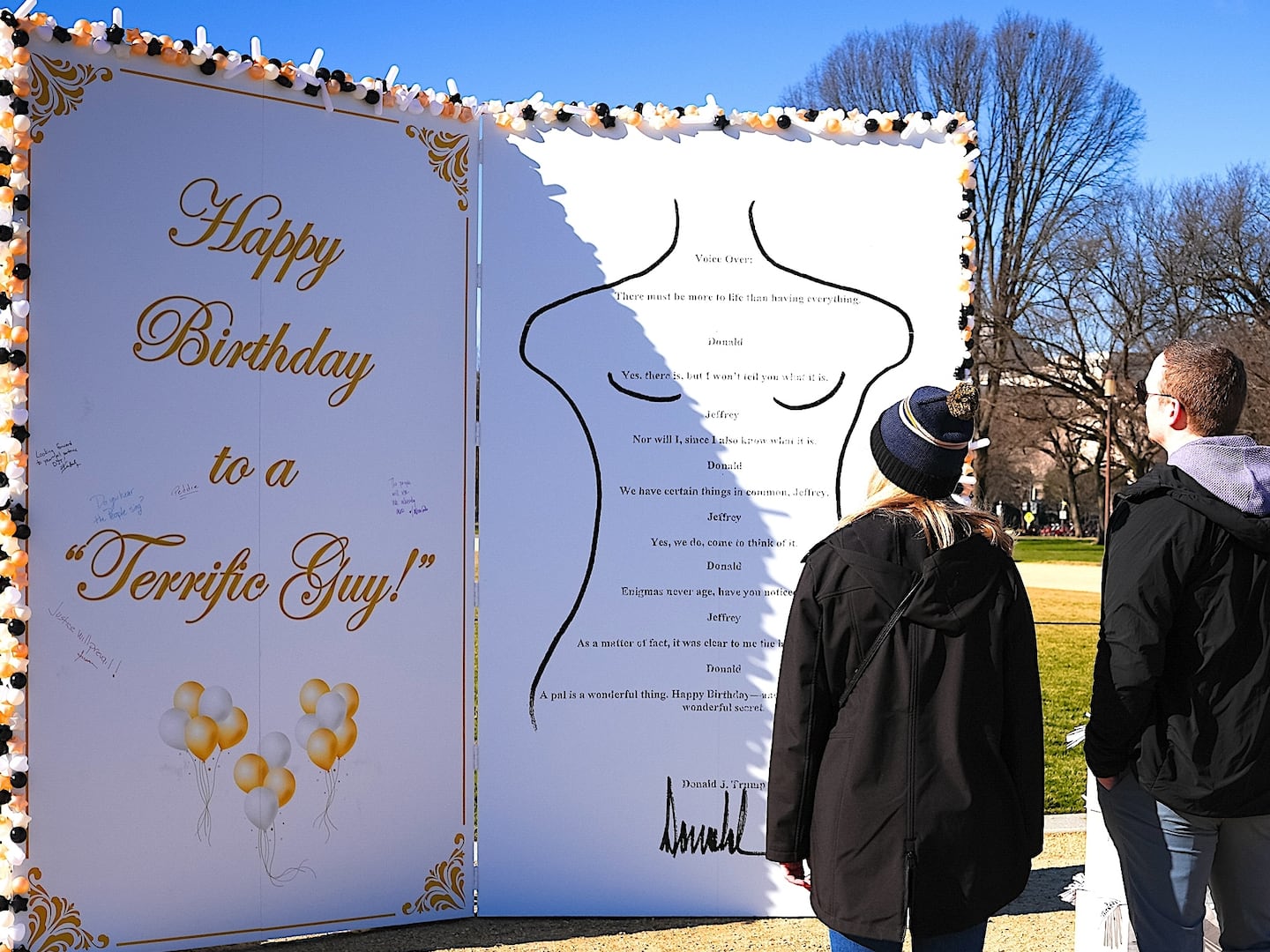A rabbi accused of creating his own live porn from the ritual bathing of women converting to Orthodox Judaism pleaded guilty to 52 counts of misdemeanor voyeurism in Washington, D.C., last week. Rabbi Barry Freundel was the rabbi of the prominent Orthodox Synagogue Kesher until a woman noticed him fiddling with a clock radio positioned in the changing area of the ritual bath known as a Mikvah.
Kesher’s response was swift and thorough, a model for an institution amidst immediate crisis: They called the police, and the rabbi was investigated and quickly fired.
Cameras were found in the clock radio, as well as in a tissue box, and a table-top fan.
It is suspected that Freundel, 63, spied on over 150 women, but only 52 cases fell within the statute of limitations for the crime, which is three years. Prosecutors said 52 women were recorded nude or partially nude on 25 different dates from March 2012 to September 2014. Sentencing will occur on March 15. The rabbi faces up to 52 years in prison—one for every count—as well as thousands of dollars in fines. He is also facing civil suits.
The Mikvah is used primarily by married women to purify themselves after their menstrual cycle. According to Jewish law, during and for seven days after their periods, women are forbidden from having sex with or even touching their husbands. A female attendant, known as “the Mikvah lady,” supervises the bathing process to ensure that there are no barriers between the skin and the Mikvah’s purifying waters, such as a stray hair, or nail polish. She then observes the woman immerse naked in the water several times to ensure no part of her stays above water.
But most if not all of Freundel’s victims were not married women but women converting to Judaism, who are also required to bathe in the ritual baths to complete their transformation.
Bethany S. Mandel, one of Freundel’s victims, went to him for her conversion which finalized in 2011, placing her outside the statute of limitations.
When I asked her why she went to Freundel, Mandel’s response was immediate. “He was the most respected,” she said over the phone, incredulity lacing her voice. “And he agreed to talk to me. A lot of rabbis are not really interested in doing conversion.”
Orthodox conversions are hard to come by. Many rabbis are reluctant to do it. “Rabbis may see it as a headache, even if they would never admit it,” says Rabbi Josh Yuter, formerly a pulpit rabbi on the Lower East Side who wrote about conversion. “Overseeing a conversion requires substantial personal and professional commitment from the supervising Rabbi. He must first vet the candidate to get a sense of his or her seriousness, stability, and commitment, and after that he must invest personal energy to build a relationship with a candidate.” Also, says Yuter, “When a Rabbi signs off on a convert, he is bestowing his professional seal of approval. This can be risky for both the Rabbi and the convert. If the convert’s commitment is found to be suspect, the Rabbi may be perceived as not having done due diligence either before or after the conversion. On the other hand, if a Rabbi takes public controversial positions, even on related matters, the status of his conversions might be questioned in other communities.”
Freundel was not only willing to take on converts, but he wrote the Rabbinical Council of America’s Standards of Conversion, centralizing conversions through one powerful committee.
Mandel knew she wanted to convert through an Orthodox rabbi. She was bitter about having to convert at all—her father is Jewish, but her mother is not. “I sort of understand what it’s like feeling Jewish but not being Jewish, and I didn’t want to do that to my kids,” she explained. So she wanted the most stringent conversion, one that would be recognized by all.
In retrospect, there were red flags about Freundel, Mandel says. For example, he made her immerse in the Mikvah twice, which no other rabbi requires. He told her that they had candidates who got nervous on the day of the actual conversion, and they wanted to “alleviate the fear of the Mikvah so people would have a better experience.”
It made a certain sense, Mandel said. “But now we found out it was an opportunity to victimize people,” she said.
There were other things too.
“He was weird,” she said. “He could be manipulative, he could be a jerk.”
At the wedding of a friend who Freundel had also converted, Mandel says Freundel approached her and said, “You know, this could be you, but this isn’t your wedding, and you can’t get married until I say you can, because I have control over when you finish your conversion process.” Mandel was devastated, but Freundel had so much power over her life—she couldn’t get married until she converted, and couldn’t move to take a job until she was married—that she couldn’t really do anything about it.
“He loved the power,” she said. “He seemed to enjoy watching me squirm.”
Her conversion dragged on and on. Freundel also reached out to Mandel after her conversion to ask her for money for the D.C. Rabbinical Court, Mandel said.
“He had no power over me anymore, but there is still that dynamic,” she explained. “You sort of felt like you had to.”
When Mandel, who now lives in New Jersey, found out what Freundel had done and that she had been a victim, she was shocked, and she is still processing.
“A lot of us are not really sure what to think,” she said. “It sucks. It’s infuriating. It sucks.”
She hasn’t been back to the Mikvah yet because she is pregnant, but she says she’s “not thrilled about it. I will choose carefully where I go.”
Rabbi Joshua Maroof was the rabbi of D.C.’s Magen David Sephardic Congregation for nine years until 2014. Over the years, women who wanted to convert would come to him and complain about Freundel.
Women complained that he was awkward, and that he didn’t respect a convert’s privacy—their meetings would take place with others around. Conversion students would end up working for him for free, “to expedite the conversion process,” Freundel told them. But they didn’t want to complain to the Rabbinical Council of America for fear that Freundel would further draw out their conversion.
Also, “He had close and creepy relationships with converts,” Maroof said. “But he was more of a nerdy, absent-minded professor type,” so no one really suspected much. “But truth is stranger than fiction. It’s very telling that nobody came to his defense,” Maroof said. “He was not well liked.”
Maroof also remembered the first time a conversion candidate mentioned the “practice dunks” Freundel insisted on. Maroof was confused, since Jewish law does not mandate it.
“What’s a practice dunk?” He remembers asking. “I never heard of that in my life.”
Now, he understands what it is.
But Maroof says that the Rabbinical Council of America and the leaders of the Kesher Synagogue were aware of the “serious personality issues.” Unrelated to the criminal allegations, “they were all informed that he had serious personality flaws and compromised professional ethics.”
Kesher’s president, Elanit Rothschild Jakobovics, did not respond to requests for comment, but she did update her Facebook profile yesterday with a “PSA” reminding people that “victims of this crime, direct and indirect, exist all around us. Our friends who happen to be family of the perpetrator are around as well. We are each processing and dealing and healing from this in our own ways.”
Kesher’s remaining leadership put out a statement in which they wrote, “Despite this great betrayal by Rabbi Freundel and our communal pain, we have seen a community that has come together and whose members have leaned on one another for support. As we move forward, we will continue to grow stronger and are committed to ensuring that our community remains a warm, welcoming, and safe place to gather, worship, and learn.”
Mandel was very impressed by the response of the synagogue where this all took place. “It’s been incredible to see how fast they responded,” she said. “He was on the pulpit for twenty, twenty-five years, he was so well respected,” she said, but as soon as they became wise to the suspicions of the Mikvah attendant, they “really took the whole situation very seriously. I’ve been really, really impressed.”
Trust has been restored, she said, to those who still attend Kesher.
Still, in the wake of the scandal, which broke earlier this year, Mandel wrote a “Bill of Rights for Converts” in The Times of Israel where she enumerated the distressing and disempowering situation converts face both during and after conversion.
Another response has been to push for more female supervision of women’s immersion in the Mikvah. But Dr. Elana Maryles Sztokman, author most recently of The War on Women in Israel: A story of religious radicalism and the women fighting for freedom, says that misses the point.
“It’s not necessarily that much better to have a woman glaring and nitpicking and plucking at a naked, immersing women than it is to have a man,” she explained. “Having a woman do all that to another woman can be just as invasive and traumatizing as having a man somewhere in the other room (or in Freundel’s case, somewhere secretly on a hidden camera). I think that for some practicing, religious women, the entire experience of Mikvah in which you are standing naked in front of another woman during your own private spiritual moment is really awful, even if it’s a woman and not a man watching you.”
Freundel did not respond to requests for comment.






